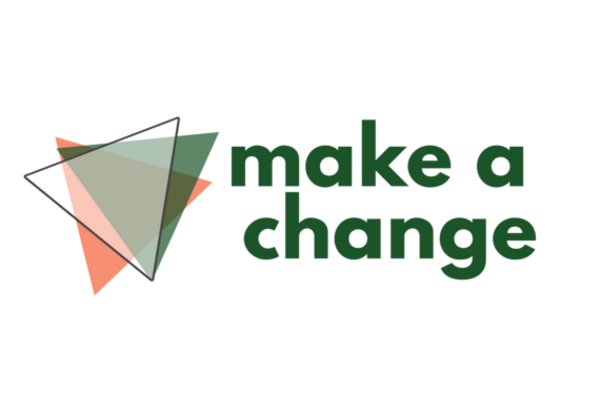With over 15 years’ experience designing, delivering, and managing survivor-focused services for perpetrators of domestic abuse, expert assessments in the family court arena, and lecturing and training on the subject of domestic abuse, Ciara’s experience made her the perfect fit for Respect’s new Head of Perpetrator Services role, ensuring that all our projects concerning adult perpetrators of domestic abuse have consistent, expert oversight, and are aligned with Respect’s wider strategic goals.
What excites you most about the Head of Perpetrator Services role?
This is a role with hugely varied responsibilities, but I’m especially looking forward to taking a lead on the development of new responses to perpetrators of domestic abuse. As someone with a particular interest in innovation and service design, I see this role as an opportunity to help us build on the outstanding services we already deliver, to ensure that we meet the needs of a broader, more diverse range of communities.
What do you think will be your biggest challenge?
As I’ve said, this is a multi-faceted role, so there’s definitely going to be a lot to do! And my appointment comes at a pivotal moment for the VAWG sector – including, and maybe even especially, for perpetrator services.
The new Domestic Abuse Act (2021) is by no means perfect, but we definitely welcome the provision of a statutory domestic abuse perpetrator strategy, and the opportunity to influence the developing service landscape, to ensure that people across the UK have access to the necessary range of safe, effective, and survivor-focused perpetrator interventions. Of course, Respect is in a unique position to fulfil this role: we’ve been at the forefront of the sector for over 21 years, using our unique experience and expertise to lead the way in the development and delivery of perpetrator interventions.
So yes, there will be challenges ahead. Not least in terms of the potential economic impact of Covid-19 on the future funding and commissioning landscape. But for me, the broader challenge – and the biggest opportunity – is for us to continue to enhance, refine and expand our services, and to publicly make the case for this vital work.
How has work with perpetrators changed since you started in the sector?
One of the main developments I’ve seen has been the speed and breadth of innovation in full-length behavioural change programmes, incorporating a wide variety of materials and approaches, as well as content on specific forms of abuse e.g. financial and economic.
As a sector, I think we’re getting better at ensuring that any given intervention meets the specific needs of an individual perpetrator. The introduction of services like Drive, for example – which can work with perpetrators who pose a very high risk of harm to victims, and who are often very resistant to change – is important. Equally, community-wide interventions like Make a Change encourage whole communities to see themselves as part of the solution to domestic abuse, and offer outreach and workforce development to create more wholesale social change.
We’ve also seen more innovation in services for perpetrators who present with complex and intersecting areas of need, like substance misuse. For example, the ADVANCE research programme – another of Respect’s partnerships – looks at the specific relationship between substance misuse and its impact on a perpetrator’s behaviour in intimate relationships.
What makes for a good perpetrator intervention?
That’s a complex question, not least because there are many different types of perpetrator intervention out there, from awareness-raising and prevention projects, to early response interventions, full-length behavioural change programmes, and interventions for high-risk, serial perpetrators of domestic abuse.
‘Survivor focus’ is a term we often talk about in the sector, and it’s all-important. One of the principles I carry most strongly from my years in service delivery is the knowledge that when it comes to working with people who use abusive behaviours in their intimate relationships, the primary client is not the one in front of you. For me, that’s key to everything I do, and a core principle for any safe perpetrator response.
In terms of determining how to deliver an intervention, the Respect Standard, now in its third edition (2017), is the best source of guidance out there. I started my career in domestic abuse intervention 15 years ago, as a group-work facilitator at DVIP, when the charity was first going through the Respect accreditation process. So the Respect Standard provided me with my first grounding in safe, effective, survivor-focused intervention, and has been something of an anchor for me ever since.





